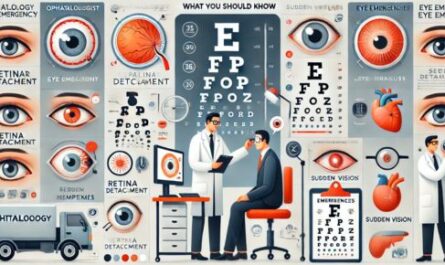Welcome to the world of medicine. We’re diving deep into a key role today – that of the internist in allergy and immunology. They tackle the vital tasks of diagnosing and managing autoimmune diseases, allergies, and other disorders. But their role doesn’t stop here. They often conduct Asheboro dot physical – a crucial medical evaluation for commercial drivers. It’s a broad field with a deep impact on health. So, let’s unravel it together.
The Internist – A Medical Detective
An internist is much like a medical detective. They dig deep, investigate symptoms, analyze findings, and pinpoint the culprit. In the field of allergy and immunology, they’re looking for causes of allergic reactions and immune system disorders. They’re not just looking for the usual suspects. They’re also on the hunt for rare, hard-to-find conditions.
When Allergies Strike
Allergies are nasty. They sneak up on you when you least expect it. A simple picnic can turn into a sneezing spree. That’s when an internist steps in. They identify the cause of the allergy, whether it’s grass, pollen, or a food item. They guide you on how to manage it and prevent future attacks.
Boosting The Immune System
The immune system is our body’s defense. When it’s not working right, we’re more susceptible to infections and diseases. Internists in allergy and immunology help identify these weak spots. They suggest ways to strengthen the immune system. This could be through lifestyle changes, medication, or therapies.
The Asheboro Dot Physical
The Asheboro dot physical is another responsibility of the internist. It’s a physical exam that checks if a commercial driver is fit to hit the road. It keeps our roads safe. It ensures drivers are in good health and can handle the rigors of driving.
In Short…
Internists in allergy and immunology play a pivotal role. They’re not just doctors. They’re detectives, advisors, guides. They help us navigate the complex world of allergies and immune disorders. They keep our roads safe through the Asheboro dot physical. They’re the unsung heroes of medicine.
Comparison Table
| Allergies | Immune Disorders | |
| Role of Internist | Identify causes, manage symptoms, prevent future attacks | Identify weak spots, strengthen immune system |
| Treatment | Medication, Lifestyle changes | Medication, Therapy, Lifestyle changes |



